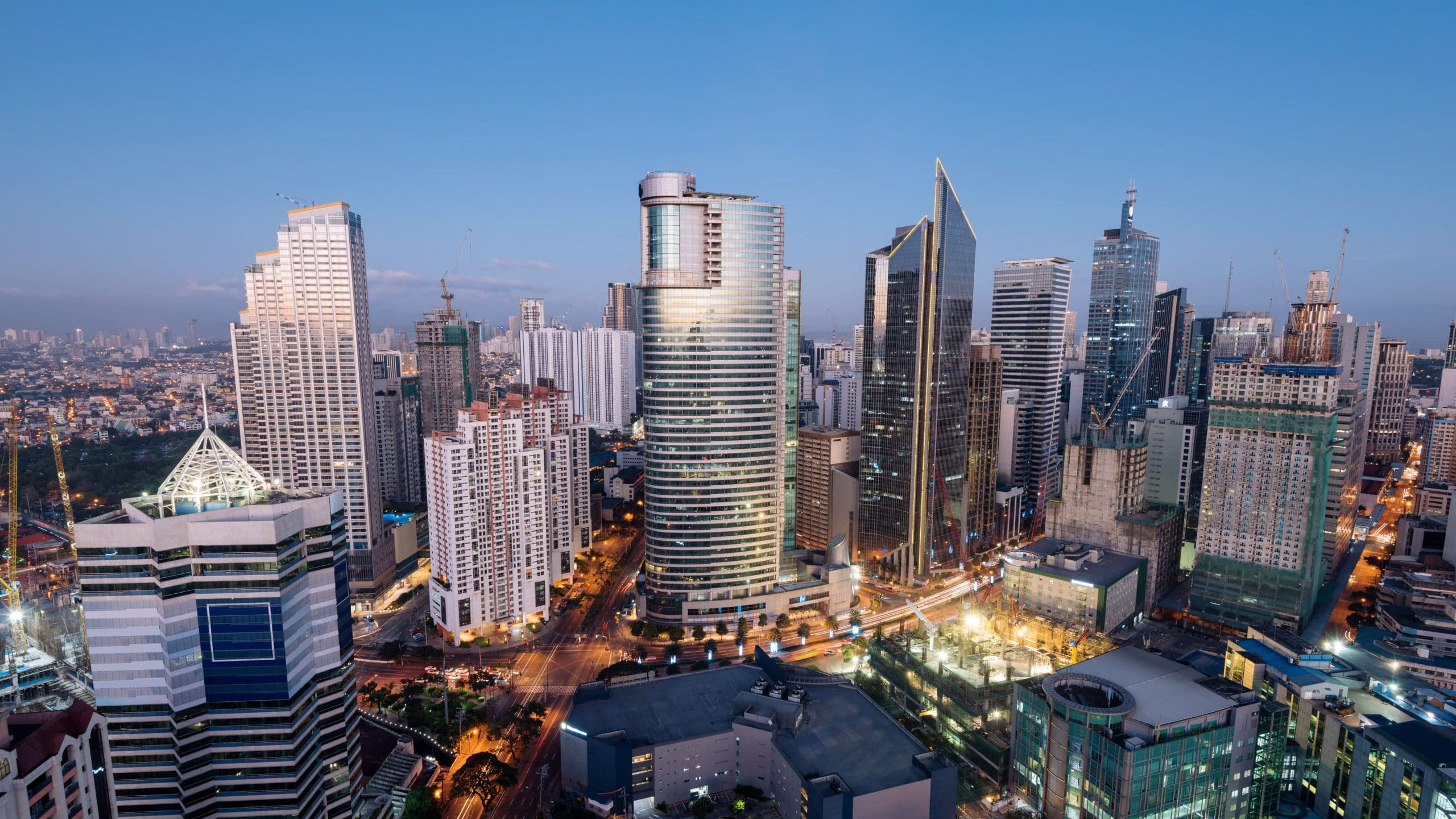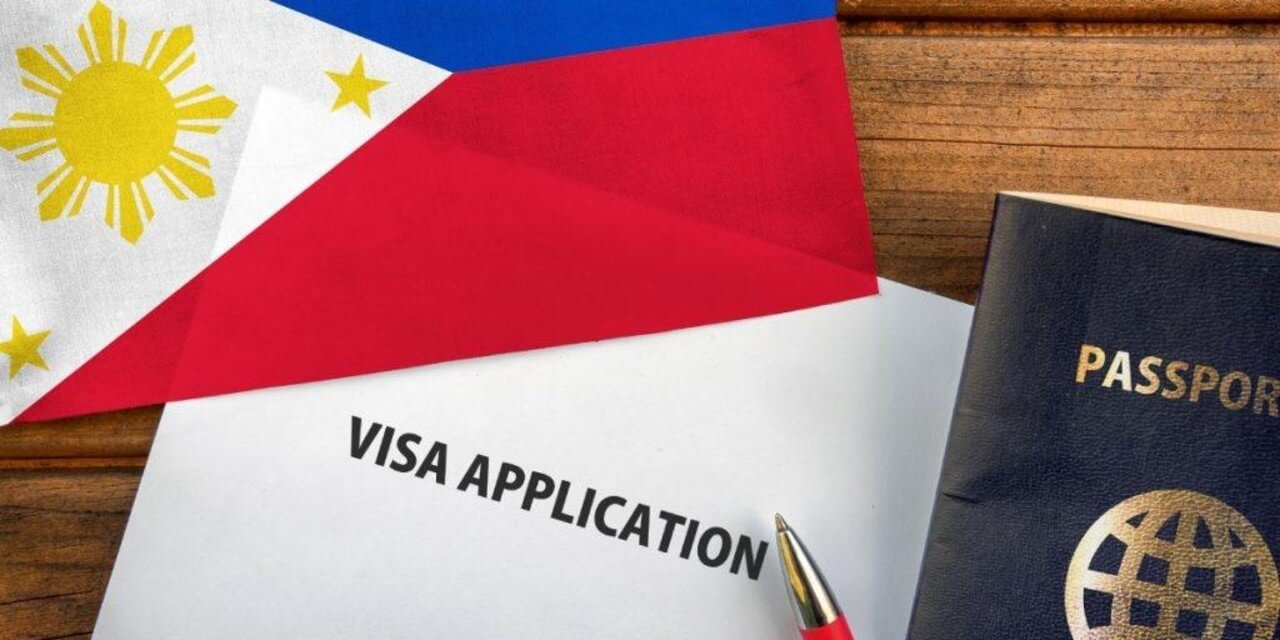Looking to start a business in the Philippines? Whether you’re a local entrepreneur or a foreign investor, understanding the business registration process is crucial to launching successfully and staying compliant with local laws.
In this guide, we break down the steps, legal requirements, and helpful tips to ensure your business setup is smooth and hassle-free.
Why Register Your Business in the Philippines?
The Philippines is one of Southeast Asia’s most promising markets for startups and global businesses. With a booming consumer base, strategic location, and supportive government policies, business registration in the Philippines unlocks a wide range of benefits—from access to capital to legal protection and enhanced market credibility.
Step-by-Step Guide to Business Registration in the Philippines
Step 1: Choose Your Business Structure
Before beginning your business registration in the Philippines, decide what type of business you’re setting up. Common legal structures in the Philippines include:
- Sole Proprietorship
- Partnership
- Corporation (Domestic or Foreign-Owned)
- One Person Corporation (OPC) – ideal for solo entrepreneurs
Pro tip: Choosing the right business structure impacts your taxes, liability, and legal obligations, so it’s a crucial first step in the business registration Philippines process.
Step 2: Register Your Business Name
- For sole proprietorships, registering with the Department of the Trade and Industry (DTI).
- For partnerships and corporations, register with the Securities and Exchange Commission (SEC).
Check for name availability and reserve your chosen business name online via DTI or SEC portals.
Step 3: Secure Barangay Clearance
Apply for a Barangay Clearance from the local Barangay Hall where your business will operate. This is a community-level requirement and a necessary document for the next steps.
Documents required:
- Valid ID
- Proof of business address (e.g., lease agreement)
- Completed clearance form
Step 4: Get Your Business Permit from the City or Municipality
Head to your City or Municipal Hall to apply for a Mayor’s Permit or Business Permit.
You will need:
- DTI/SEC registration certificate
- Barangay Clearance
- Lease contract or proof of business address
- Occupancy permit
- Fire safety inspection certificate
Step 5: Registering with the Bureau of Internal Revenue (BIR)
BIR registration is a legal requirement for tax compliance in the Philippines.
You’ll need to:
- Secure a Tax Identification Number (TIN)
- Register your books of accounts
- Apply for Authority to Print (ATP) receipts and invoices
File for a Certificate of Registration (COR) or BIR Form 2303
Step 6: Register with Government Agencies (as needed)
Depending on your business type and the number of employees, registration may be required with the following:
- SSS (Social Security System)
- PhilHealth
- Pag-IBIG Fund
DOLE (Department of Labor and Employment) – mandatory for businesses with more than 5 employees
Can Foreigners Register a Business in the Philippines?
Yes, but there are equity ownership restrictions depending on the industry. Foreigners can fully own the businesses in sectors that are not included in the Foreign Investment Negative List.
Requirements include:
- Investor’s Visa or Special Resident Retiree’s Visa (SRRV)
Minimum paid-up capital (commonly USD 200,000 for fully foreign-owned corporations)
How Long Does It Takes to Register a Business?
The registration process typically takes 2 to 4 weeks, depending on the business structure, documentation, and location.
Partner with Local Experts
At Philippine Hub Partners, we provide end-to-end support for business registration, investment consultancy, visa processing, and market entry. From navigating complex regulations to setting up your operations, our local experts ensure your business launch is smooth, legal, and stress-free.
Start Your Business in the Philippines Today
Whether you’re launching a startup, franchise, or corporate branch, the Philippines offers vast opportunities for growth. Follow the correct process—and partner with the right team—to ensure success from day one.
Contact Philippine Hub Partners today for tailored assistance and expert guidance on your journey to doing business in the Philippines.
Frequently Asked Questions
Can I register a business online in the Philippines?
Yes. DTI and SEC both provide online portals for business name registration and application processing.
Is BIR registration required for freelancers or consultants?
Yes, anyone earning income must register with BIR and issue official receipts.H3 Can I use a virtual office address?
Yes, but ensure the virtual office is compliant with LGU and BIR regulations.
Can I use a virtual office address?
Yes, but ensure the virtual office is compliant with LGU and BIR regulations.








